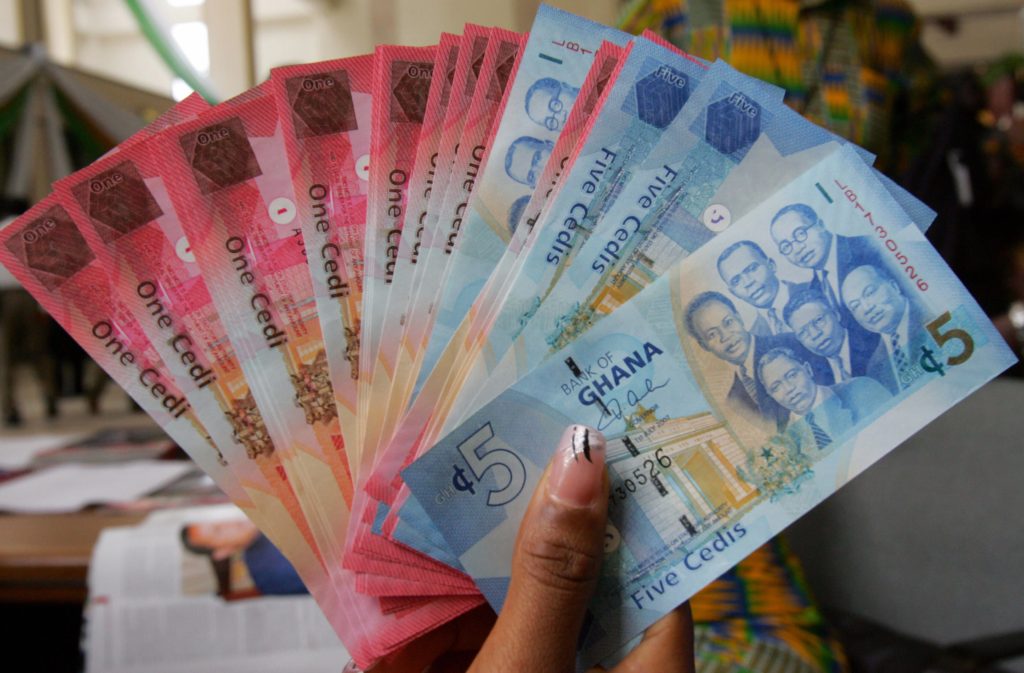
The Menace of Counterfeit Currency in Ghana
Counterfeit currency has emerged as a pressing concern in Ghana, with fake cedi notes infiltrating various sectors of the economy. This illicit activity poses serious threats to the financial stability of individuals and the integrity of the nation’s currency.
The Rise of Counterfeit Cedi:
Counterfeit cedi notes, particularly the 50, 20, and 10 denominations, have been circulating in the Ghanaian market. These fake bills often find their way into circulation through informal markets, street vendors, and unsuspecting individuals.
Impact on the Economy:
The presence of counterfeit currency has detrimental effects on Ghana’s economy. It undermines the confidence in the financial system, erodes trust in the currency, and can lead to inflation. Small businesses, in particular, suffer when they unknowingly accept counterfeit money, as it results in financial losses.
Recognizing Counterfeit Cedi:
To protect themselves, Ghanaians should familiarize themselves with the security features of genuine cedi notes:
- Look for Watermarks: Genuine cedi notes have a watermark of the portrait of the prominent figure on the bill. Hold the note up to the light to see this feature.
- Check for a Security Thread: A metallic thread runs through genuine cedi notes. It appears as a thin, silvery line embedded in the paper.
- Feel the Texture: Authentic cedi notes have a unique rough texture due to the quality of the paper. Counterfeit notes may feel smoother or thinner.
- Examine the Print Quality: The print on genuine cedi notes is sharp and clear, with raised ink. Counterfeit notes often have blurry or less defined printing.
Reporting Counterfeit Currency:
If anyone comes across counterfeit currency, it is crucial to report it immediately:
- Do Not Circulate: Refrain from using or passing on the fake money to prevent its spread.
- Report to Authorities: Contact the nearest police station or the Bank of Ghana to report the counterfeit currency. The Bank of Ghana has a dedicated unit for handling such cases.
Combating Counterfeit Currency:
The Bank of Ghana is actively engaged in efforts to combat counterfeit currency. They regularly educate the public on how to identify genuine cedi notes and collaborate with law enforcement agencies to apprehend counterfeiters.
Conclusion:
Counterfeit currency poses a significant threat to Ghana’s economy and the financial stability of its citizens. By staying vigilant and knowing how to spot fake cedi notes, individuals can protect themselves and contribute to the fight against counterfeit currency. Let’s work together to safeguard Ghana’s financial integrity and ensure that genuine cedi notes remain the trusted currency of the nation.
